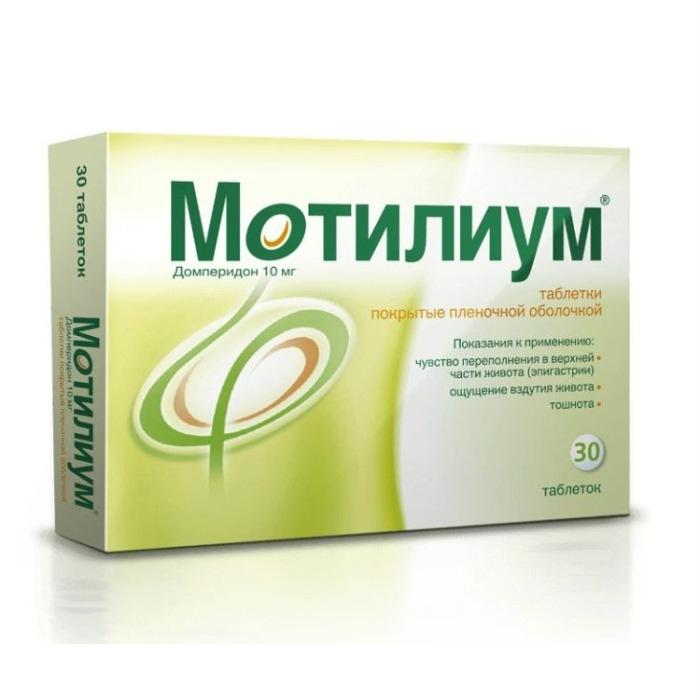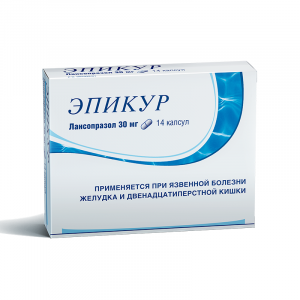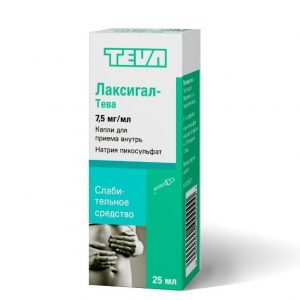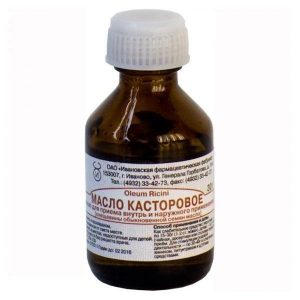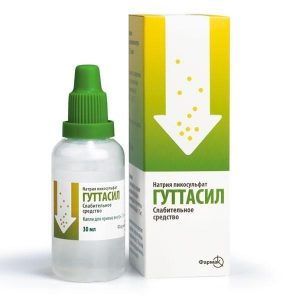Description
Packing
30 pcs
Pharmacological action
MOTILIUM – antiemetic, central blocker of dopamine receptors. Domperidone is a dopamine antagonist with antiemetic properties. Domperidone penetrates poorly through the BBB.
The use of domperidone is very rarely accompanied by extrapyramidal side effects, especially in adults, but domperidone stimulates the release of prolactin from the pituitary gland. The antiemetic effect is probably due to a combination of peripheral (gastrokinetic) action and antagonism to dopamine receptors in the chemoreceptor trigger zone,
located outside the BBB in the area postrema. Animal studies, as well as low drug concentrations found in the brain, indicate a predominantly peripheral effect of domperidone on dopamine receptors.
When used internally in humans, domperidone increases the pressure of the lower esophageal sphincter, improves antroduodenal motility and accelerates gastric emptying.
Domperidone has no effect on gastric secretion.
Pharmacokinetics
Absorption
After oral administration, fasting, domperidone is rapidly absorbed from the digestive tract. Cmax in blood plasma is reached within about 30-60 minutes. The low absolute bioavailability of domperidone when administered orally (approximately 15%) is due to extensive primary metabolism in the intestinal wall and liver.
Although in healthy people the bioavailability of domperidone is increased when taken after meals, patients with gastrointestinal complaints should take domperidone 15-30 minutes before meals. Reducing the acidity of gastric juice leads to a decrease in the absorption of domperidone. Oral bioavailability decreases with prior administration of cimetidine and sodium bicarbonate. When taking the drug after meals, it takes longer to achieve maximum absorption, and the AUC increases slightly.
Distribution of
When ingested, domperidone does not accumulate and does not induce its own metabolism. Cmax in plasma of 21 ng / ml after 90 minutes after 2 weeks of ingestion at a dose of 30 mg / day was almost the same as Cmax in plasma of 18 ng / ml after taking the first dose.
The binding of domperidone to plasma proteins is 91-93%.
Animal distribution studies using a drug labeled with a radioactive isotope showed a significant distribution of the drug in tissues, but low concentrations in the brain. Small amounts of the drug cross the placental barrier in rats.
Metabolism
Domperidone undergoes rapid and extensive metabolism in the liver by hydroxylation and N-dealkylation. In vitro metabolism studies using diagnostic inhibitors have shown that CYP3A4 is the main isoenzyme of the cytochrome P450 system involved in the N-dealkylation of domperidone, while the isoenzymes CYP3A4, CYP1A2 and CYP2E1 are involved in the aromatic hydroxylation of domperidone.
Excretion
Excretion with urine and feces is 31% and 66% of the dose when taken orally, respectively.
The proportion of the drug excreted unchanged is small (10% with feces and approximately 1% with urine).
T1 / 2 from blood plasma after a single oral administration in healthy volunteers is 7-9 hours.
Pharmacokinetics in special clinical cases
In patients with severe renal failure, severe T1 / 2 domperidone increases. In such patients (serum creatinine> 6 mg / dl, i.e.> 0.6 mmol / L), domperidone T1 / 2 increases from 7.4 hours to 20.8 hours, but the plasma concentration of the drug is lower than in people with normal renal function . A small amount of unchanged drug (about 1%) is excreted by the kidneys.
In patients with impaired liver function of moderate severity (Pew score of 7-9 points, class B on the Child-Pugh scale), AUC and Cmax of domperidone are 2.9 and 1.5 times higher than in healthy people, respectively.
The unbound fraction rises by 25%, and the final T1 / 2 increases from 15 hours to 23 hours. In patients with mild hepatic impairment, the systemic effect is slightly reduced compared with that in healthy people based on Cmax and AUC values without changing protein binding or final T1 / 2. For patients with severely impaired liver function, data are not available.
No pharmacokinetic data available for children.
Indications
Complex of dyspeptic symptoms, often associated with delayed gastric emptying, gastroesophageal reflux, esophagitis:
feeling of overflow in epigastrium, early satiety, a feeling of bloating, pain in the upper abdomen
belching, flatulence
nausea, vomiting
heartburn, belching with or without gastric contents.
Nausea and vomiting of functional, organic, infectious origin, as well as caused by drug therapy or a violation of diet.
A specific indication is nausea and vomiting caused by dopamine agonists if used for Parkinson’s disease (such as levodopa and bromocriptine).
Contraindications
prolactin-secreting pituitary tumor (prolactinoma)
concomitant use of oral forms of ketoconazole, erythromycin or other potent inhibitors of the CYP3A4 isoenzyme, such as fluoronitrolinol, ricolononolone gastric function can be dangerous, for example, with gastrointestinal bleeding, obstruction or perforation
impaired liver function is moderate or severe degree
hypersensitivity to domperidone or any of the components.
Precautions: impaired renal function, impaired rhythm and conduction of the heart, including prolongation of the QT interval, electrolyte imbalance, congestive heart failure.
Composition 1 tablet contains:
Active substance:
domperidone 10 mg Excipients:
lactose, corn starch
MCC
potato starch pregelatinized
polyvidone
magnesium stearate, hydrogenated vegetable oil
sodium lauryl
hypromellose.
Side effects of
On the part of the immune system: very rarely – anaphylactic reactions, including anaphylactic shock.
Mental disorders: very rarely – agitation, nervousness (mainly in newborns and children of the first year of life).
From the nervous system: very rarely – extrapyramidal disorders, convulsions (mainly in newborns and children of the first year of life).
From the cardiovascular system: very rarely – lengthening of the QT interval, serious ventricular arrhythmias, sudden coronary death.
From the skin and subcutaneous tissues: very rarely – angioedema, urticaria.
From the urinary system: very rarely – urinary retention.
Laboratory and instrumental data: very rarely – deviations of laboratory parameters of liver function, increased levels of prolactin in the blood.
Overdose
Symptoms: drowsiness, disorientation, and extrapyramidal reactions, especially in children.
Treatment: use of activated carbon and close monitoring. Anticholinergics, drugs used to treat parkinsonism, or antihistamines may be effective in the event of extrapyramidal reactions.
Storage conditions
The drug should be stored out of the reach of children at a temperature of 15 ° to 30 ° C.
Term hodnosty
2 years
Active ingredient
Domperidone
Dosage form
tablet
